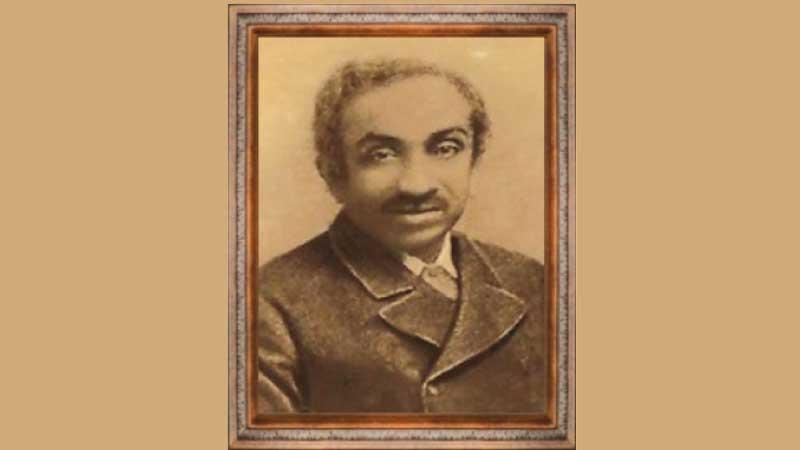
The 185th anniversary of the birth of Warusahennedige Charles Henry de Soysa (1836-1890) falls on March 3, 2021. He is known in Sri Lanka’s history as the greatest Sri Lankan philanthropist of all times.
“A grateful public” erected his statue in 1917, which stands at the center of the De Soysa Circus opposite the old Eye Hospital in Colombo. It is the first statue of a Sri Lankan to be erected in Colombo. For the past 103 years, without fail even during the Second World War, his birth has been commemorated at this statue on March 3
Minister of Education Prof. GL Pieris will be the chief guest at the commemoration ceremony at the foot of the statue at 3.30 pm on Wednesday, March 3.
He built at his own expense the De Soysa Hospital for Women in 1877.
He also built at his own expense several other hospitals.
de Soysa, was the only child of ayurvedic physician, Jeronis de Soysa, who had mastered indigenous medicine from the Nayaka Thera of the Palliyagodella Temple in Moratuwa.
Sadly, he died at the early age of 53 of an unfortunate accident.
Charles Henry was very critical of the British for neglecting the health needs of the country, which was then a British colony. Since he could not get the British rulers of the time to focus adequately on the health sector, he spent his own wealth to build hospitals and medical institutions for the Sri Lankan people.
While criticising the British rulers for neglecting our health needs, Charles Henry showed the British by his own practice what the Buddhist values of Compassion (Karuna) and Loving Kindness (Metta) are all about.
He also built several schools.
He was also a patron of Sinhala literature and funded the publication of several books written by leading Buddhist scholars of his time.
His modern worldview finds expression in his attitude to religion. Though he was a Christian, he readily supported Buddhist, Hindu, Christian and Muslim religious institutions.
He built several temples, churches, Hindu Kovils. All this philanthropy he was able to do with the wealth he earned as the father of Sri Lankan Private Enterprise in the mid nineteenth century. He planted nearly 34,000 acres of cash crops in diverse parts of the country, managing his vast plantations with skill and acumen.
He not only was the first Sri Lankan planter and exporter of plantations products but he was also the first Sri Lankan banker for he was instrumental in setting up the Bank of Kandy in 1860 with De Soysa Capital.
de Soysa is a direct descendant of the Warusahannedige family which, according to tradition, held the administration of the Devinuwara Maha Vishnu as its Basnayaka Nilame when it was sacked by the Portuguese in the early 17th century, Charles Henry’s great grandfather migrated from Devinuwara in the Matara district to Moratuwa in the early 17th century, bringing with him the entrepreneurial skills and vision of Ruhana to mesh them with the new economic opportunities that had emerged in the newly developing Western Province around the capital city of Colombo.
The writer is a former Secretary to the President
